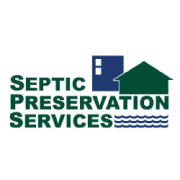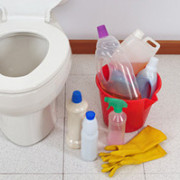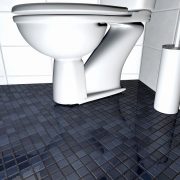Water is Key to Protecting Your Investment
 Water is one of the most important things to us here on Planet Earth. Not only does it support life in many forms, but it is also instrumental to our environment in a number of distinct ways. However, when it comes to the proper care of your septic system, water can quickly become the enemy if you don’t understand the role it plays in proper sewage treatment. Excessive water can cause your septic system to fail.
Water is one of the most important things to us here on Planet Earth. Not only does it support life in many forms, but it is also instrumental to our environment in a number of distinct ways. However, when it comes to the proper care of your septic system, water can quickly become the enemy if you don’t understand the role it plays in proper sewage treatment. Excessive water can cause your septic system to fail.
How It Works
A typical septic system has three primary parts, which include the septic tank, the drainfield and the soil. The purpose of the tank is to separate the solid waste from the wastewater, store that waste and then partially decompose it as much as possible. The liquid wastewater, which comes from your laundry, kitchen, bath and toilet, flows into the tank and can stay there for as long as 24-hours before passing on into the drainfield.
This 24-hour time period, which is known as “retention” time, is necessary to allow the solids to properly separate from the liquids in a “sludge” layer and allow lighter particles to float to the top in a “scum” layer. This process works to prevent the drainfield from becoming clogged.
However, if too much water flows into the system from excessive use, the soil under the septic system will not be able absorb all of the water that is used in the home and the rush of wastewater won’t provide enough retention time for the sludge and scum layers to separate. Water conservation is key to prevent the risk of this type of system failure.
![]()
Septic System Water Conservation
Getting your family to reduce the amount of water used might sound like a daunting task, but with a little bit of education, preventative maintenance, the installation of a few basic tools and determination on your part, it will all soon become second nature.
Step One – Fix ALL leaks in your home immediately: a slow-dripping faucet can waste as much as 70 gallons of water per year.
Tip: Check for a toilet leak by adding a few drops of food coloring to the tank. Watch to see if the color appears in the bowl. Leaky toilets can waste over 50 gallons of water a day!
Step Two – Install water-saving shower heads, taps and toilets, which can save as much as 12 gallons, 5 gallons and up to 25 gallons respectively, per person each day.
Tip: If you can’t afford to replace your toilets, add a displacement device to your tank, which can save you between 3-25 gallons per person each day.
Step Three – Change the way you do laundry: only do a full load, which will save 20 gallons of water per load, and never use your washing machine and dishwasher at the same time.
Tip: Instead of washing 4 loads of laundry on a Saturday, try spreading out your laundry over a 2-3 day period, only doing 1 or 2 loads each day.
Step Four – Plan ahead: if you are having a party or expecting guests, reduce your water usage a few days before they arrive for adequate septic system water conservation.
Tip: Keep a pitcher of drinking water in the refrigerator to save water wasted by letting the tap run while waiting for the water to get cold.
Step Five – Divert other waste water from your septic system, such as roof drains, as well as water from hot tubs and water softeners.
Tip: Speak to your All-Clear technician about creating a drywell for your water softener system, which is required by Massachusetts law.
![]()
When Should I Call a Professional?
Odors, wet spots, standing liquid and even sewage could surface or appear in the area of your drainfield. Fixtures will drain slowly, you might hear gurgling sounds in your pipes and your plumbing could backup. If any of these conditions occur, you should call a professional septic service to address these issues before they worsen.
![]()
Professional Consultations
Call Septic Preservation Services for a professional consultation and evaluation of your current septic system. Additional features and upgrades can be added, such as effluent filters and drywells, which can enhance the performance of your septic system and keep it running effectively and efficiently. Contact us at 877-378-4279 and make sure to ask about our Preventative Maintenance Program, which is available for all types of septic systems.We are also available 24/7 in the event of emergency septic system services.
Visit www.septicpreservation.com for more information.









